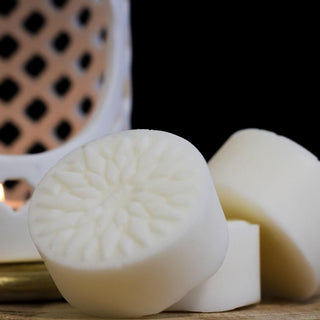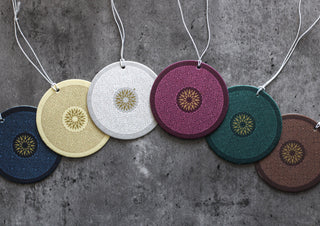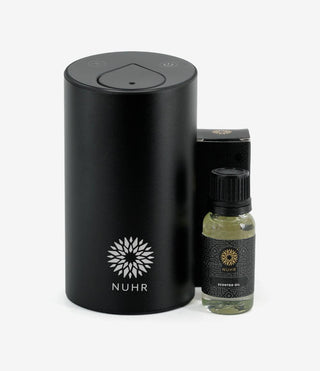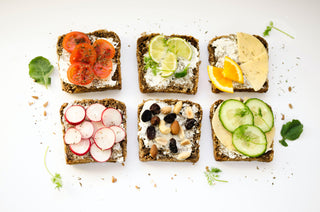What is Ramadan Fasting?
Ramadan is the ninth month of the Islamic calendar, and is observed by Muslims worldwide as a month of fasting to commemorate the first revelation of the Quran to Muhammad according to Islamic belief.
This annual observance is one of the Five Pillars of Islam. The month lasts 29–30 days based on visual sightings of the crescent moon. Fasting during Ramadan typically includes the increased offering of prayers, recitation of the Quran and an increase in doing good deeds and charity.
Who Is Expected To Fast During Ramadan?
As the holy month of Ramadan approaches, many Muslims are wondering who is expected to fast. Alll able-bodied Muslims are expected to fast from dawn to dusk during Ramadan.
However, there are some exceptions to the fasting rule. For example, pregnant women and those who are breastfeeding are exempt from fasting. Additionally, people with certain medical conditions are also exempt. If you're not sure whether or not you should fast, it's best to consult with a religious scholar or your local imam.
How to do Ramadan fasting for the first time
This can be a daunting task for those who have never fasted before, but there are some tips that can make it easier.
First, it is important to gradually ease into fasting. Try fasting for one day or part of a day during the week leading up to Ramadan. This will help your body adjust to going without food and water for long periods of time.
Second, make sure you stay hydrated. Drink plenty of fluids during the non-fasting hours and avoid strenuous activity. This will help prevent dehydration and headaches.
Finally, be prepared mentally and spiritually as well as physically.
What To Eat Before Fasting for Ramadan
During the month of Ramadan, our diet changes as we are limited to eating after sunrise until sunset.
Therefore, we have compiled some tips to ensure your diet is healthy whilst fasting:
- Suhoor – ensure you eat Suhoor to avoid feeling dehydrated and tired during the day. Try to eat foods that are rich in fibre and vitamins like, fruits and vegetables. As they say, ‘breakfast is the most important meal of the day’.
- Drink water – on a normal daily basis, it is recommended that we drink 8 glasses of water a day. Therefore, it is vital that we are even more hydrated during the period of Iftar and Suhoor. Additionally, remember to have fluids like milk, fruit juices and smoothies.
- Don’t overeat! - It’s common to get excited and have eyes bigger than your stomach and request a pile of food before Iftar. However, avoid doing this as it can lead to food wastage, which defeats the purpose of Ramadan.

Create the mood
Use our oud cones to create the spiritual environment for Ramadan

















